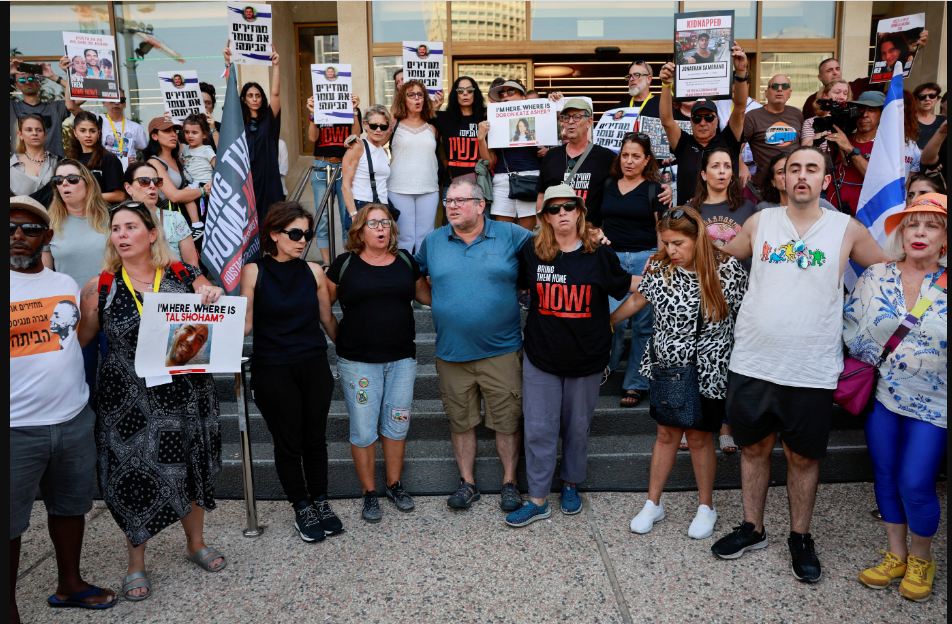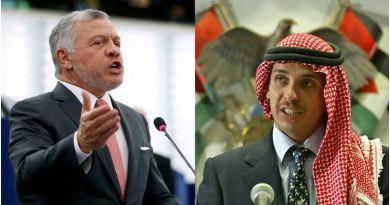UAE’s non-oil private sector maintains solid growth in April
Dubai (Reuters) – The United Arab Emirates’ non-oil private sector maintained solid growth in April but inflationary pressures loomed, a survey showed on Monday.
The seasonally adjusted S&P Global UAE Purchasing Managers’ Index (PMI) slipped marginally to 54.6 in April from 54.8 in March, remaining above the series average of 54.1 and above the 50.0 mark that separates expansion from contraction.
The output sub-index rose to 61.5 from 60.5, which survey respondents largely attributed to rising orders, ongoing projects and increased marketing. It was the sharpest growth recorded in 2022.
“Cost pressures remained at their highest level for more than three years, driven by rising fuel and material prices, forcing businesses to raise their selling charges for the first time since July last year. The increase will spur greater concern of an inflationary-led dip in demand, particularly as the positive efforts from the pandemic recovery and Expo 2020 fade,” wrote David Owen, economist at survey compiler S&P Global, referring to the Expo world fair hosted by Dubai from October 2021 to March 2022.
The employment sub-index slipped fractionally into contractionary territory in April, following 10 months of mostly marginal growth. Though some firms said they hired staff to keep up with rising new orders, others sought to cut costs via minimal workforces, the PMI report said.
“For now, businesses continue to enjoy strong sales growth, which allowed them to increase their output at the fastest rate in 2022 so far in April. On the flip side, optimism around future activity slipped to a four-month low as some firms expressed concerns that inflationary pressures and the competitive landscape will make output and profit gains harder to achieve.”



